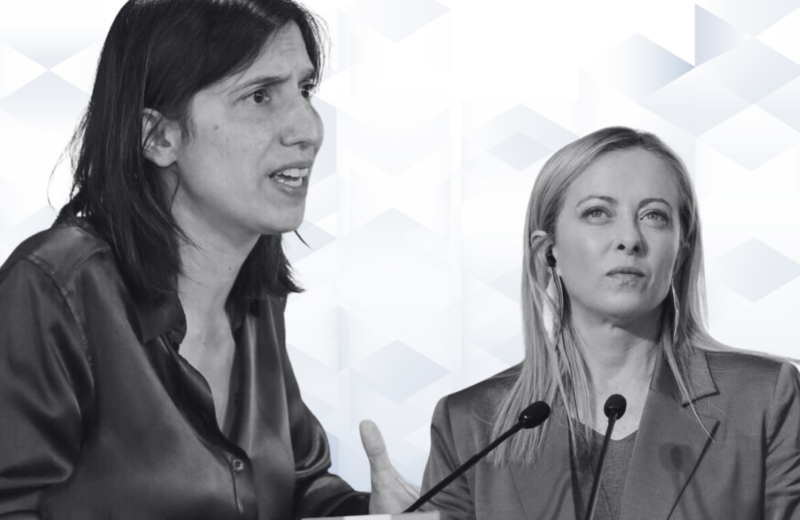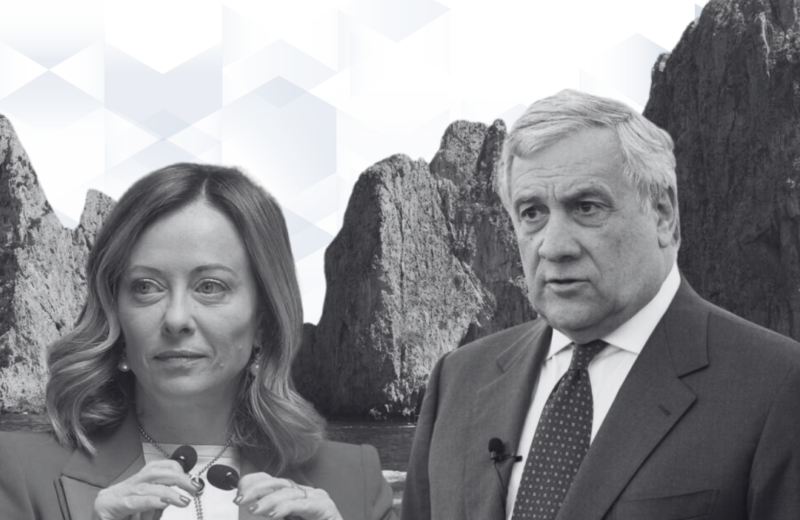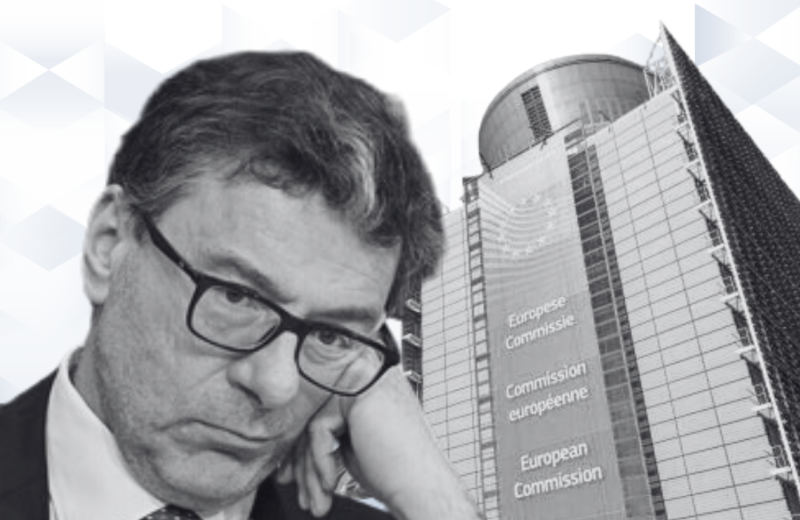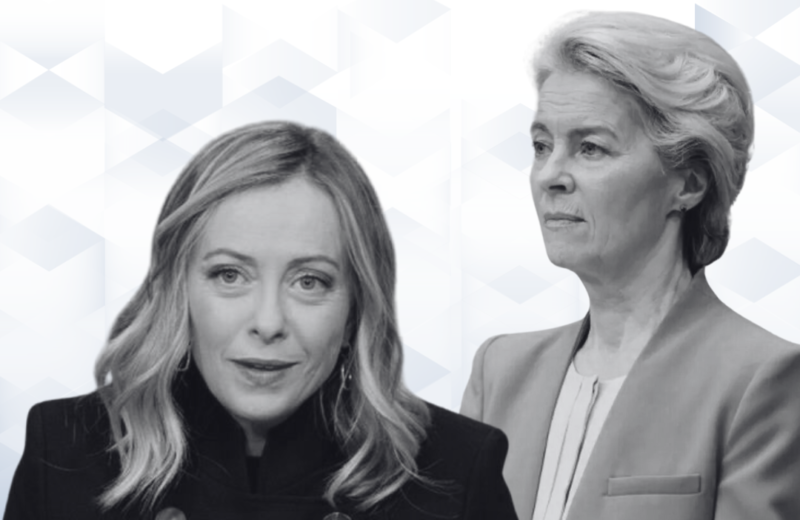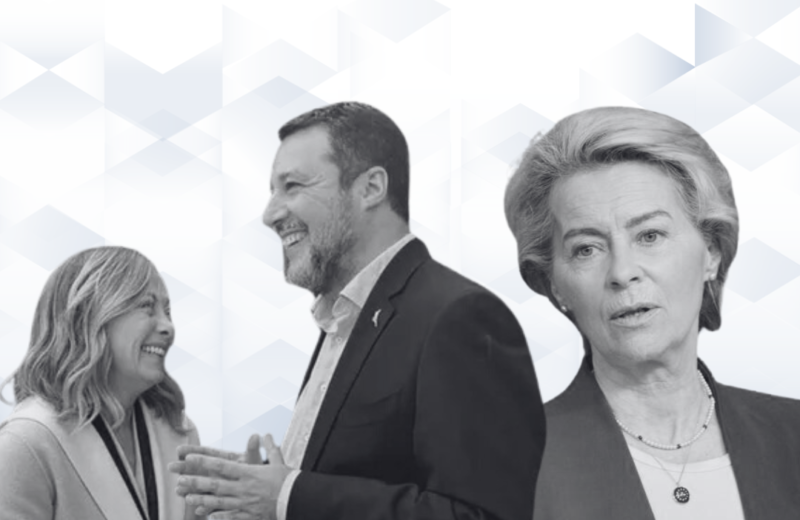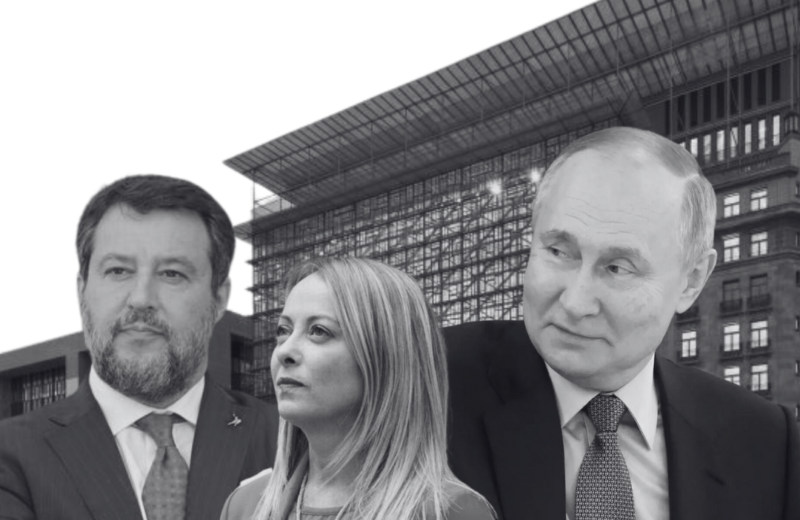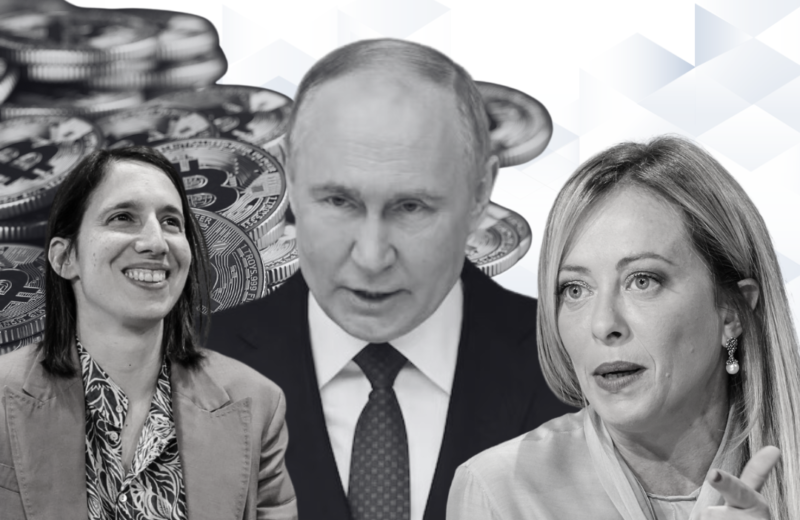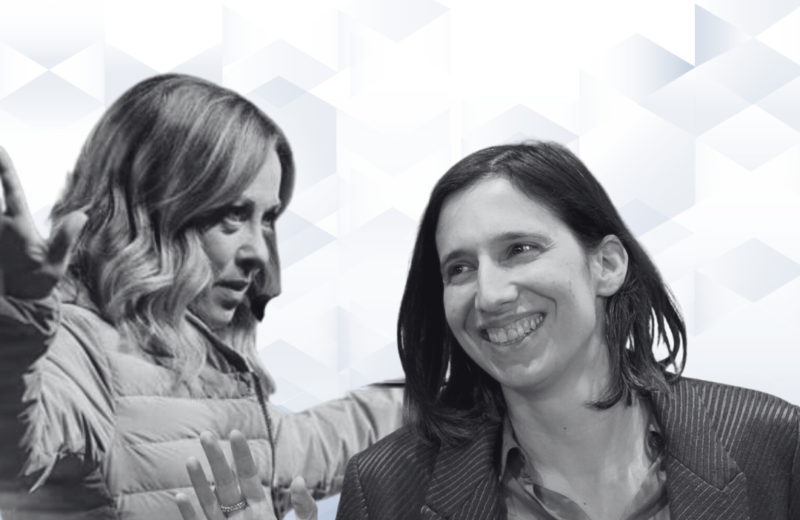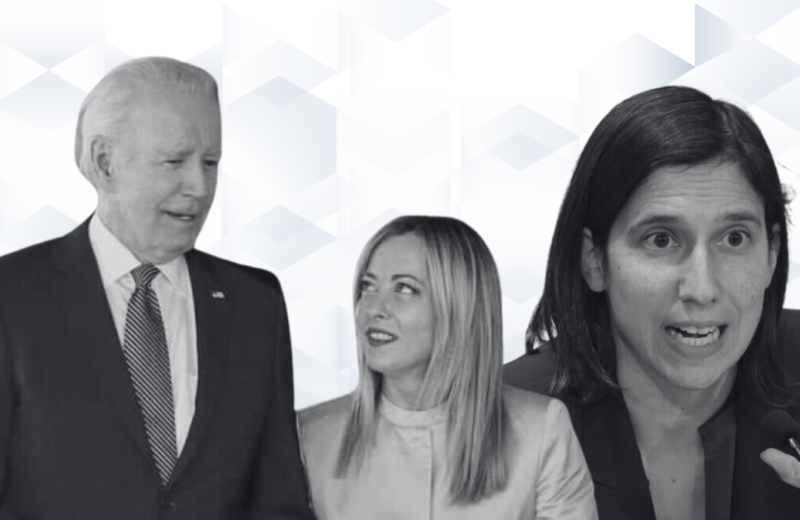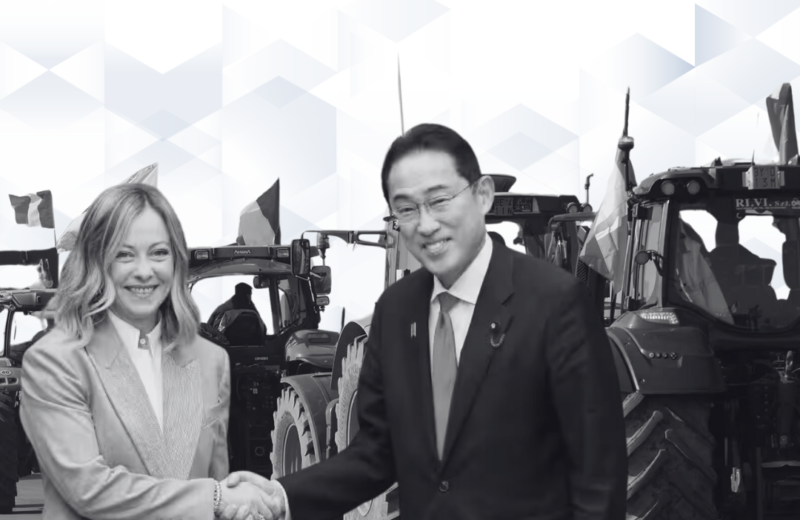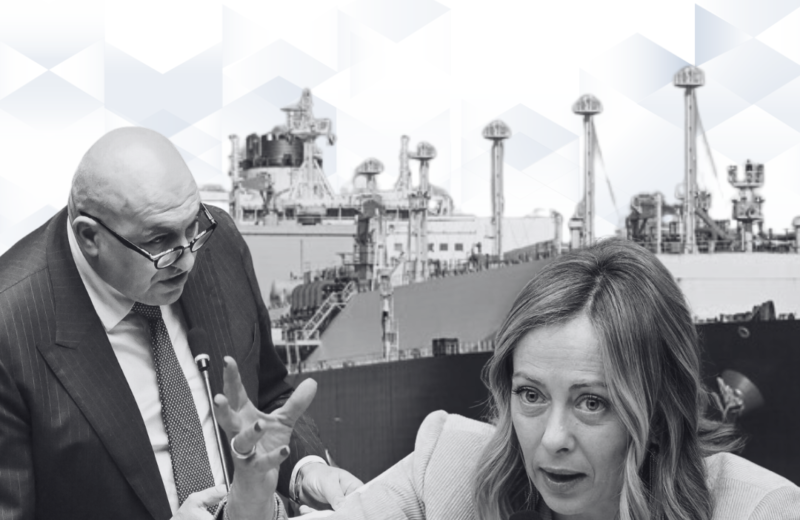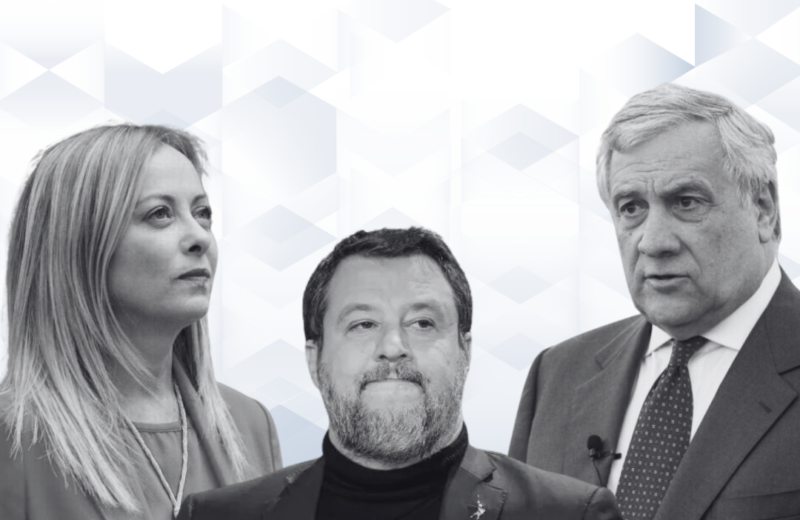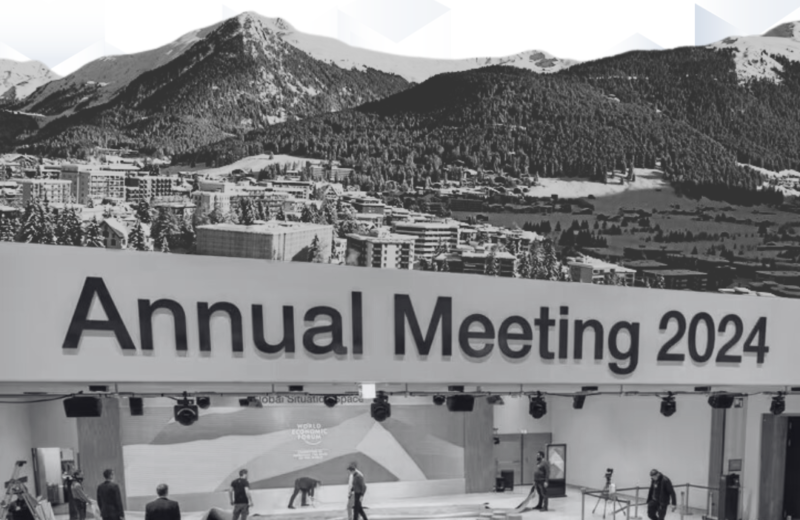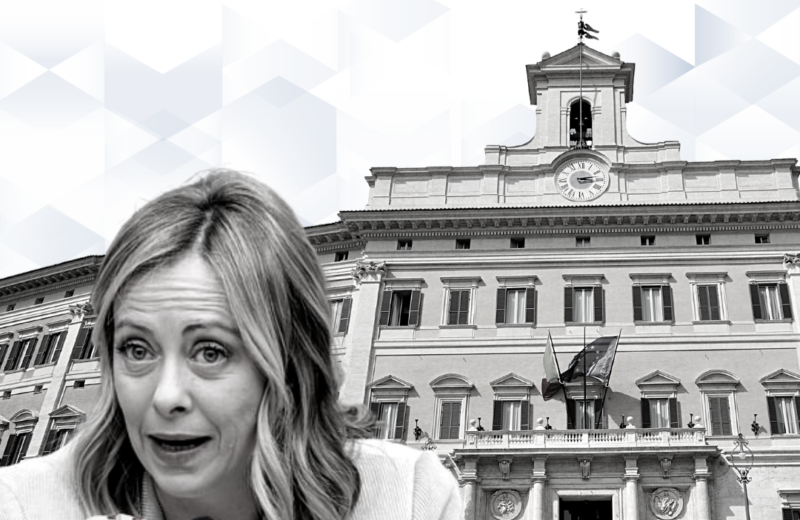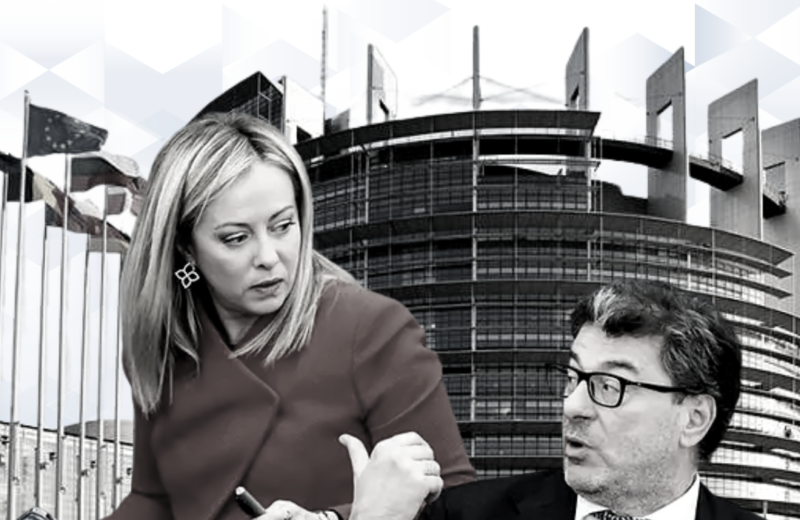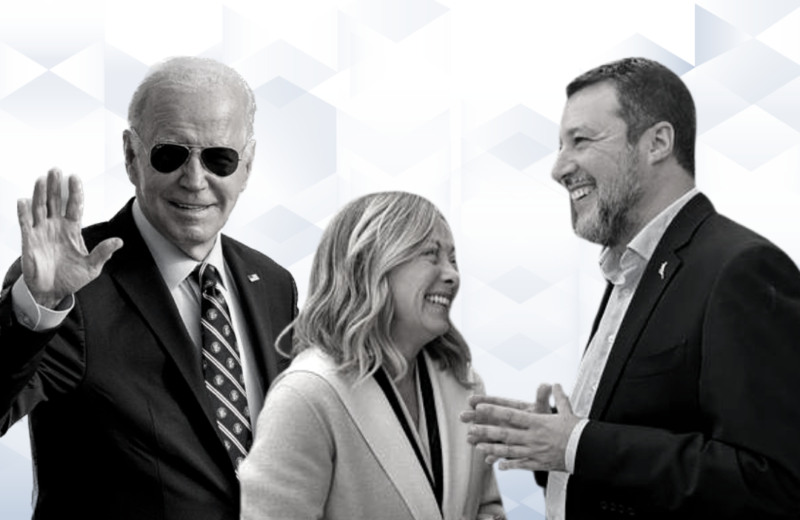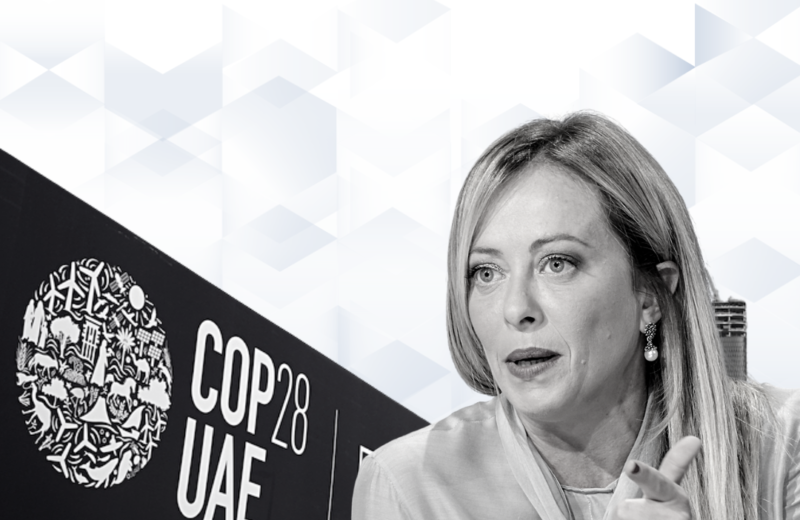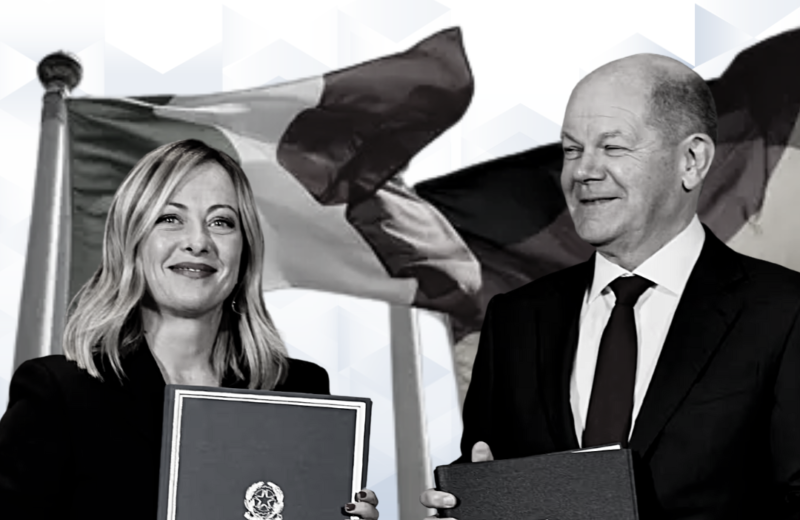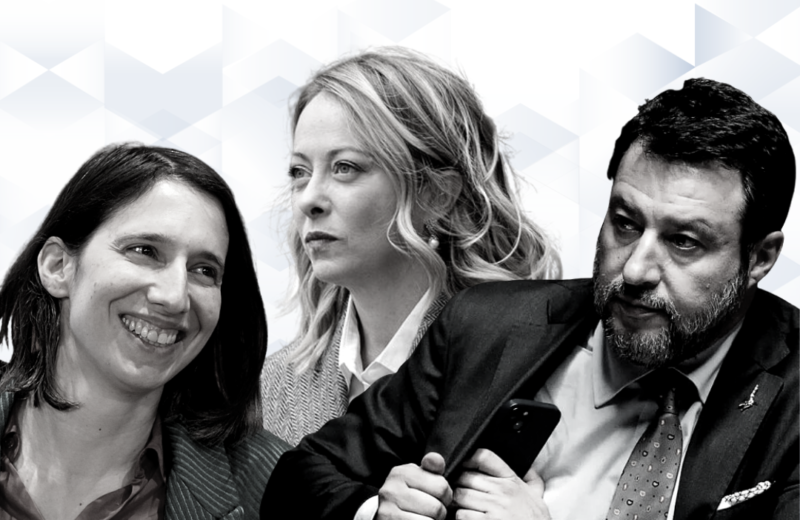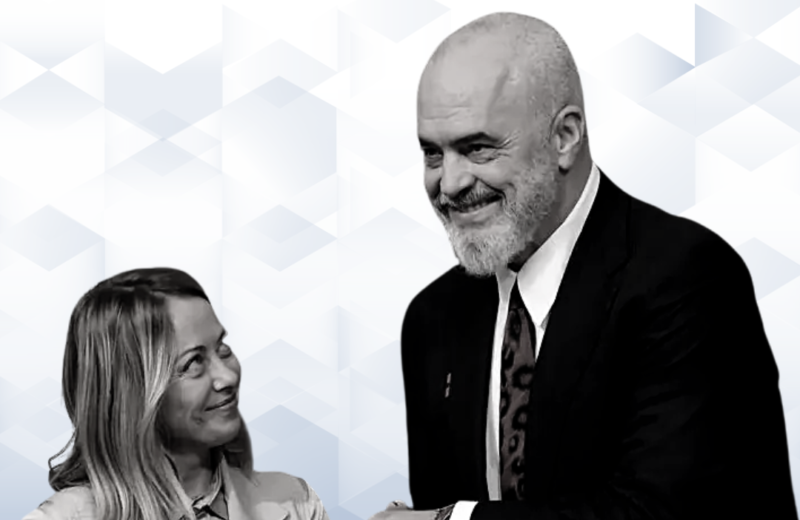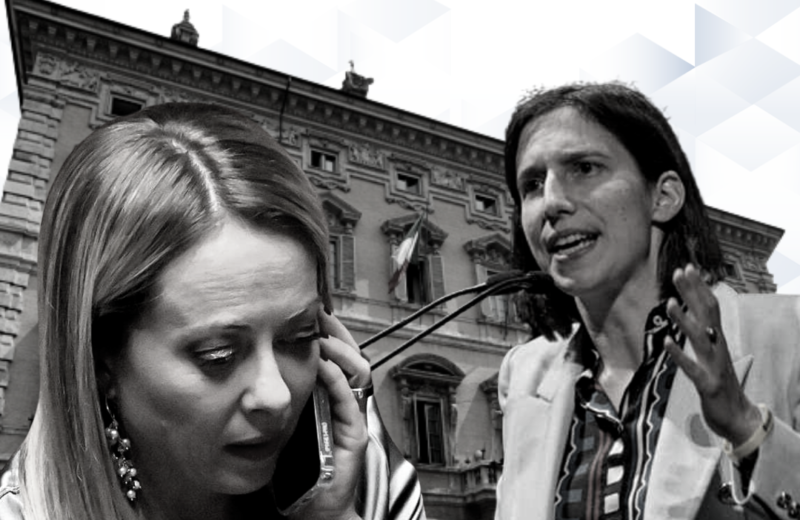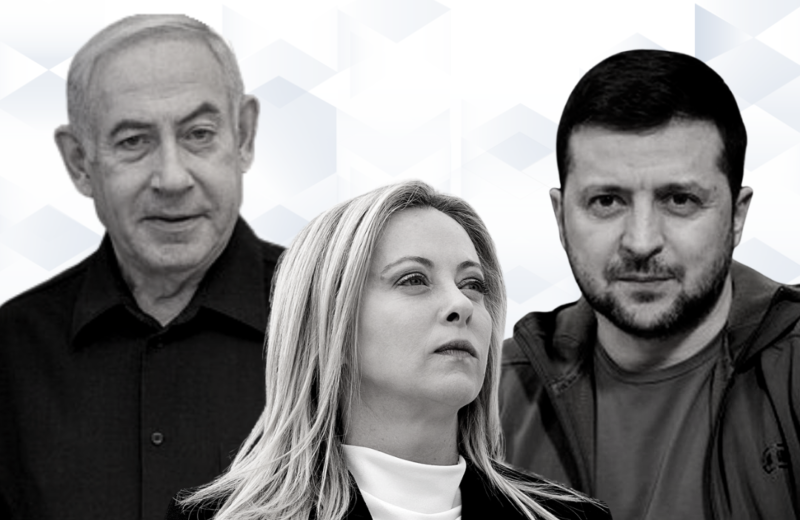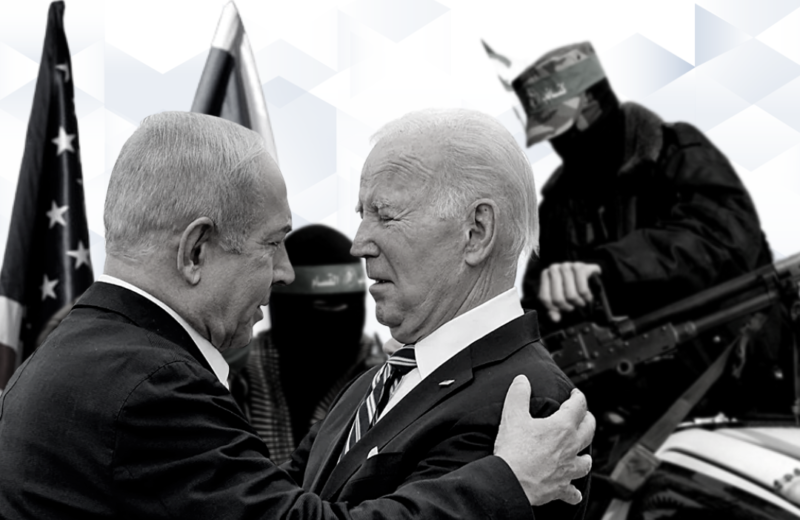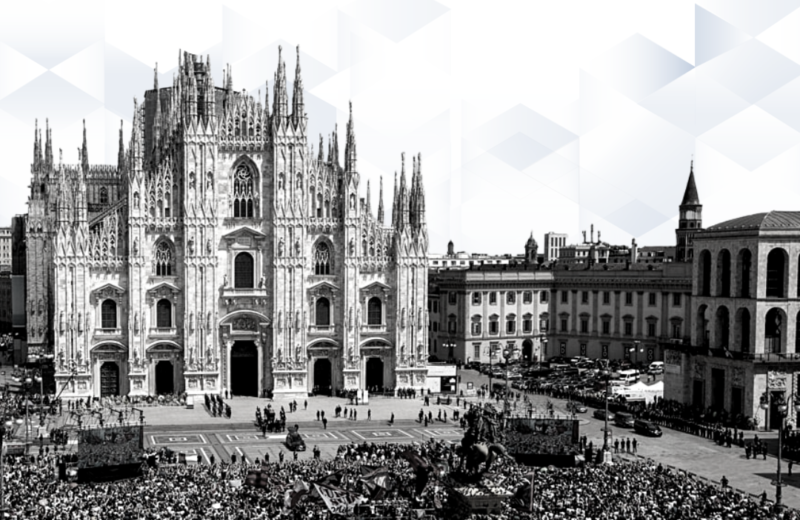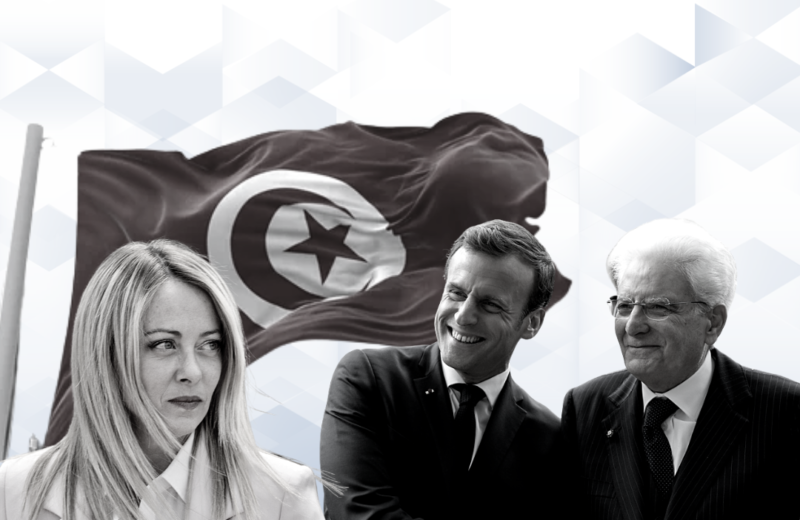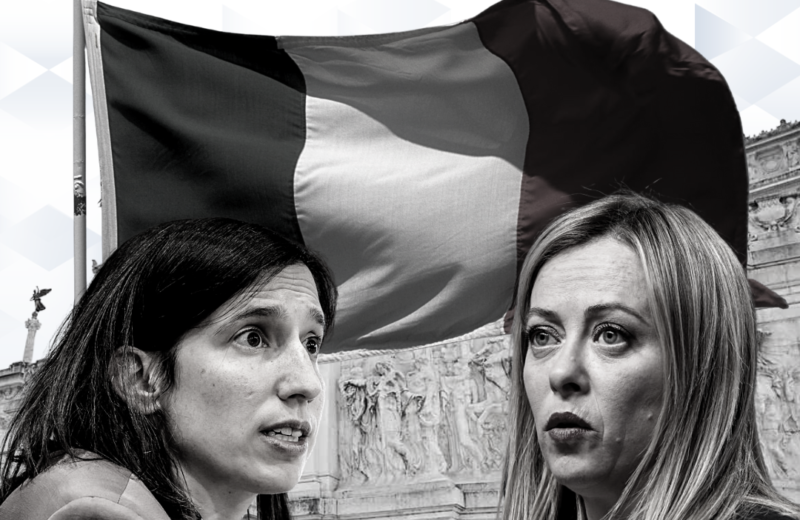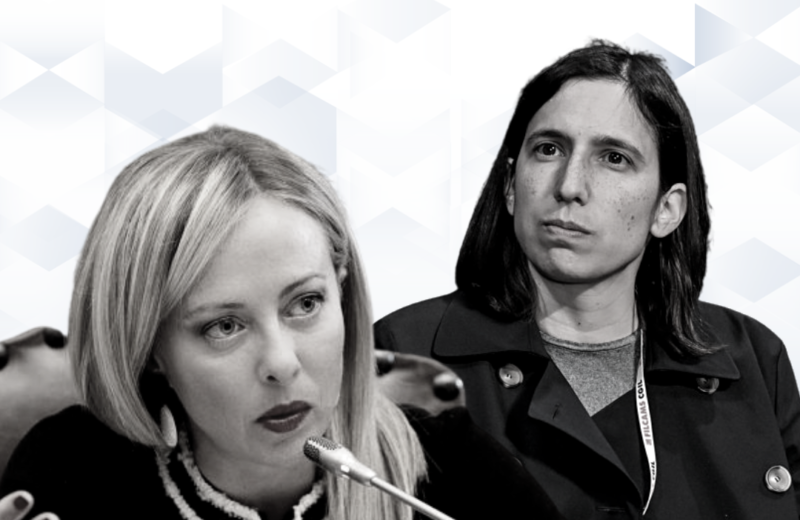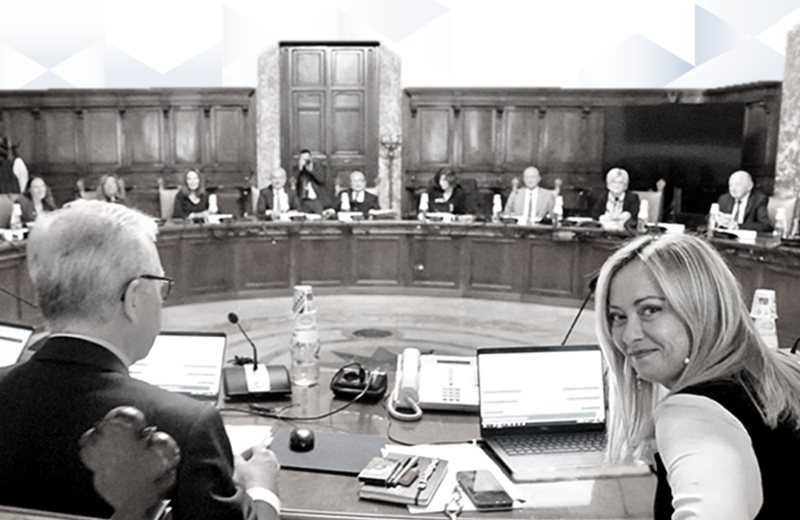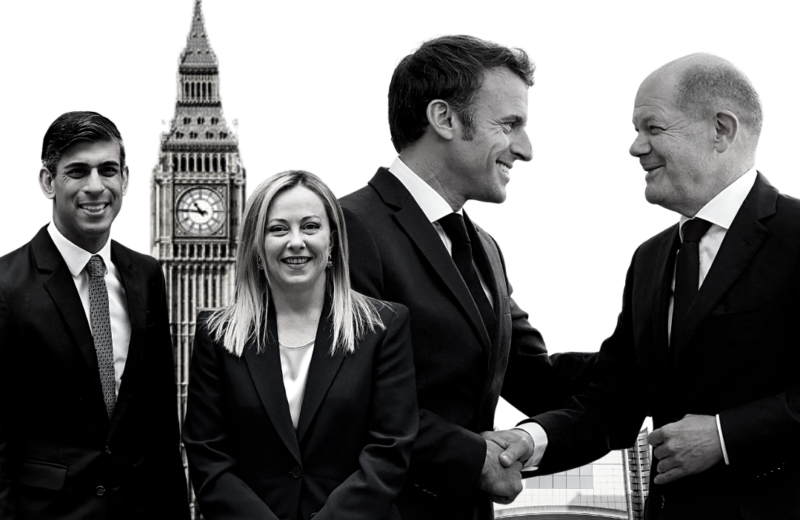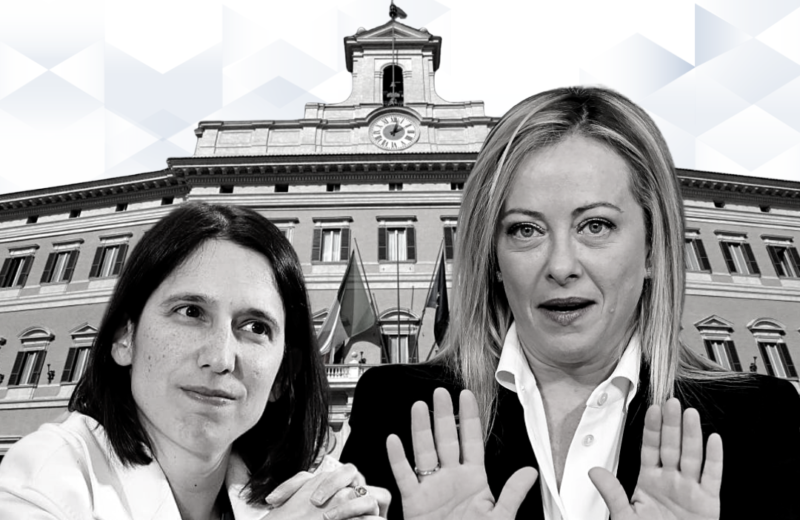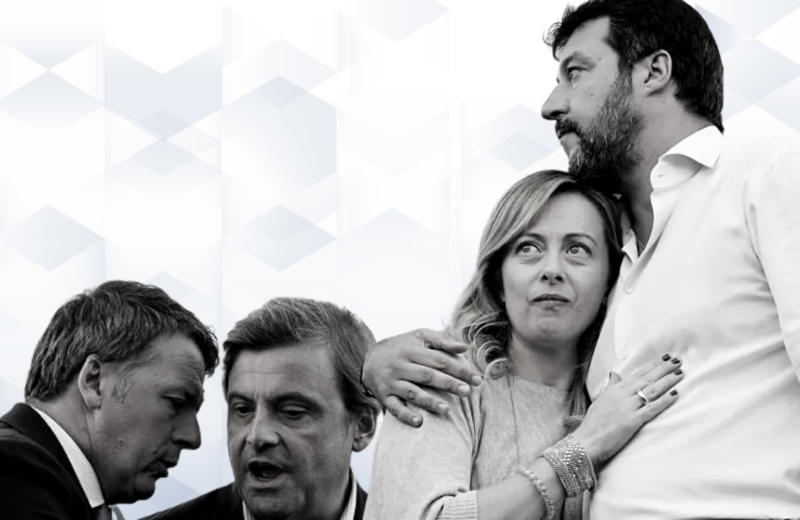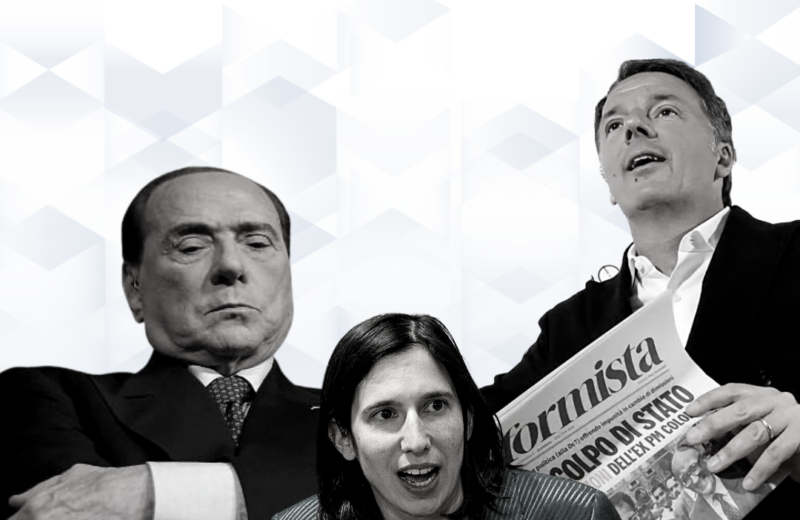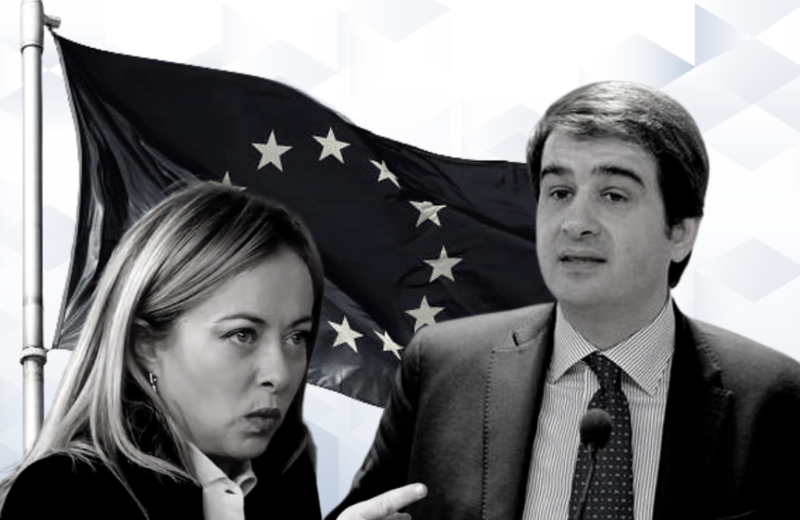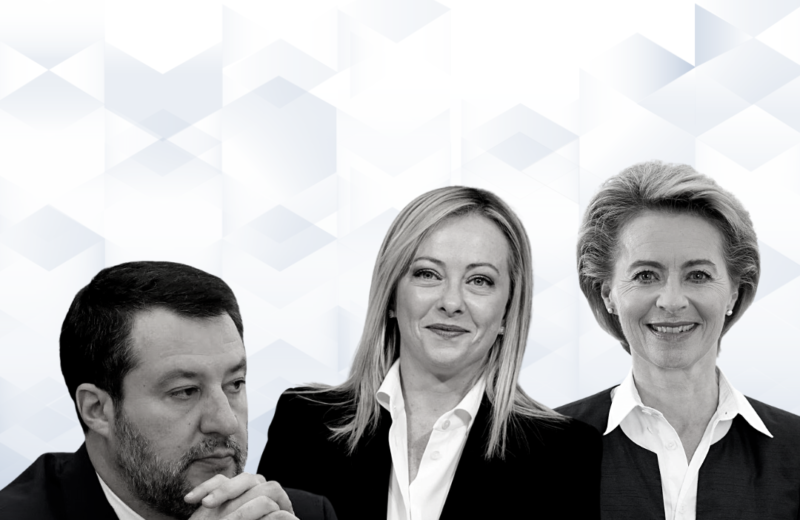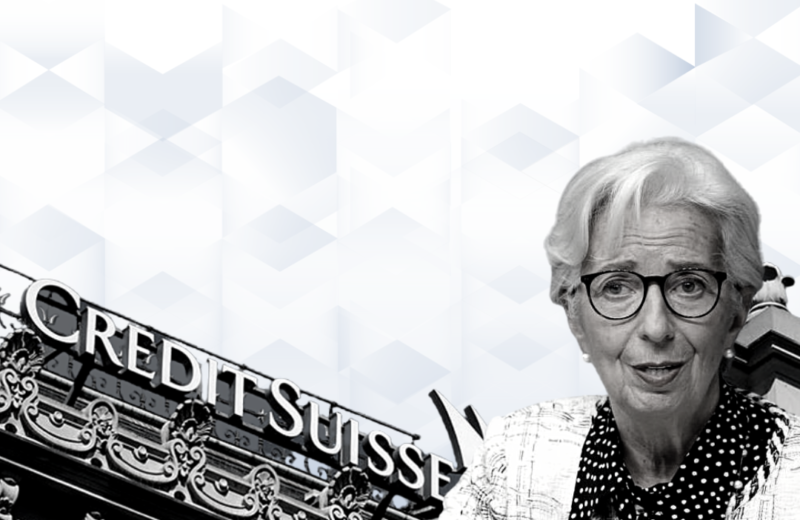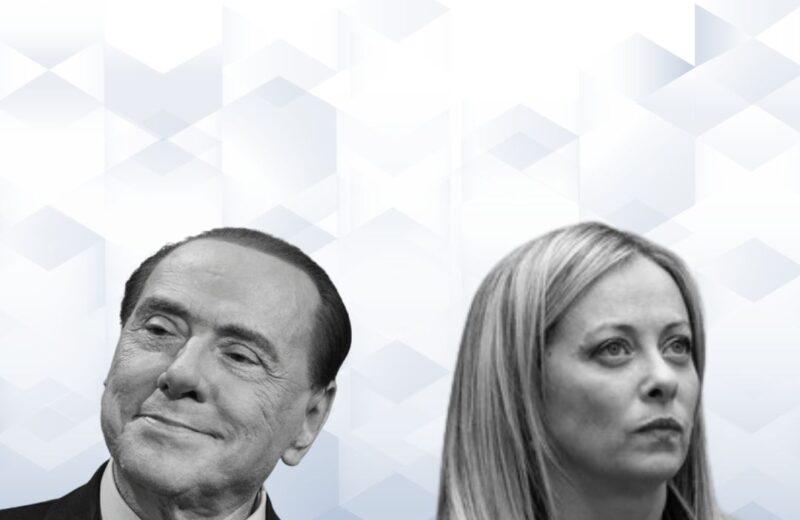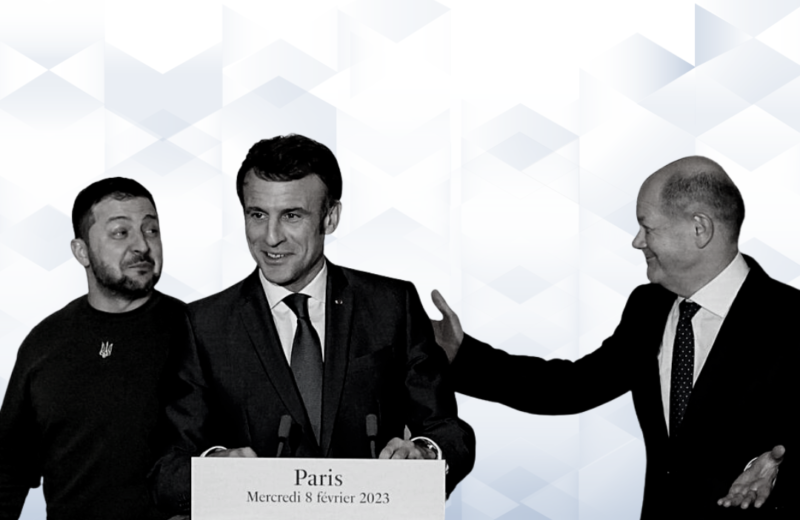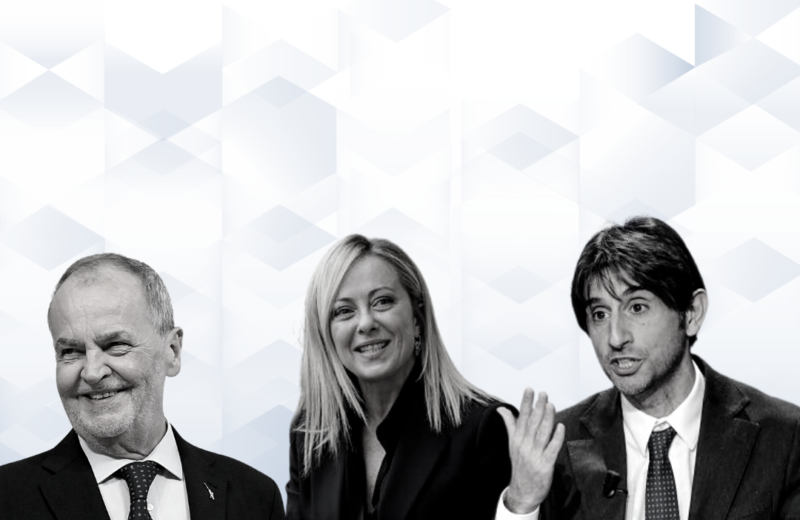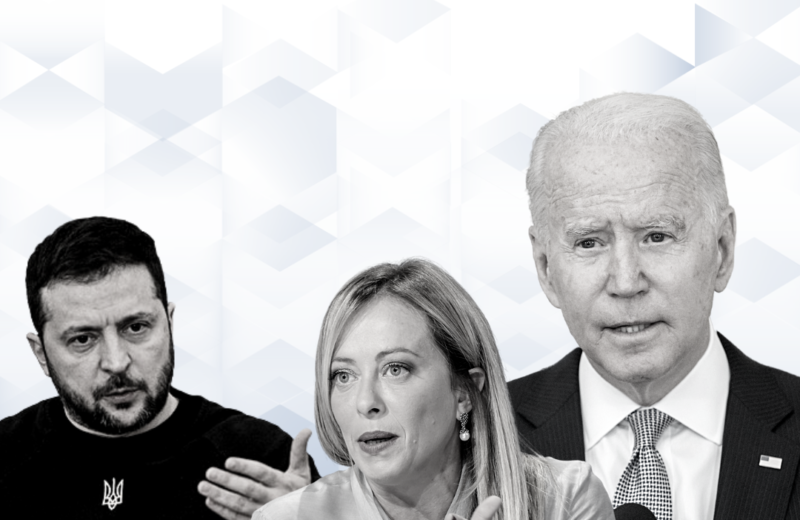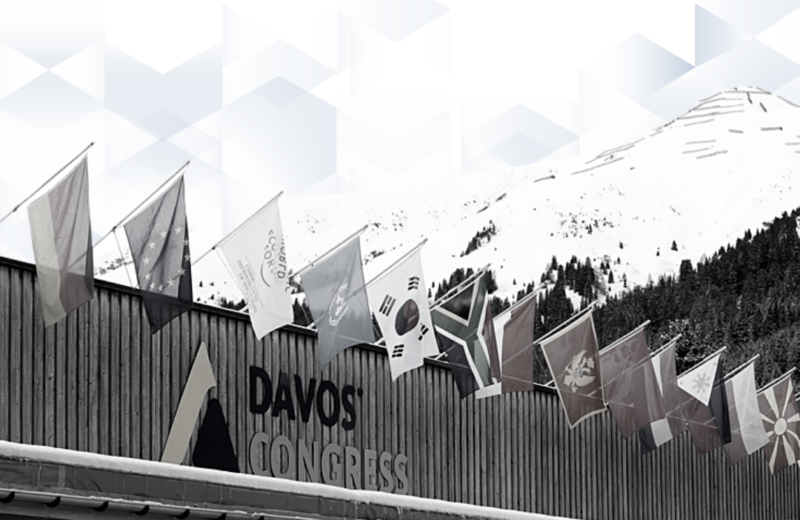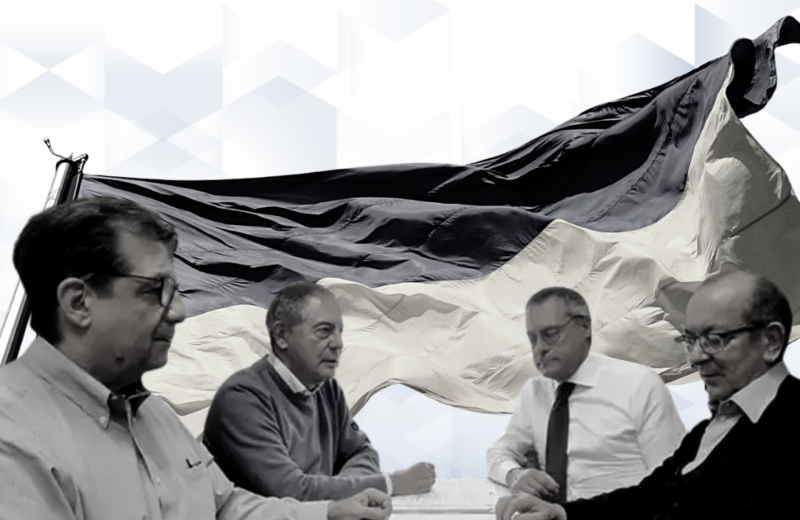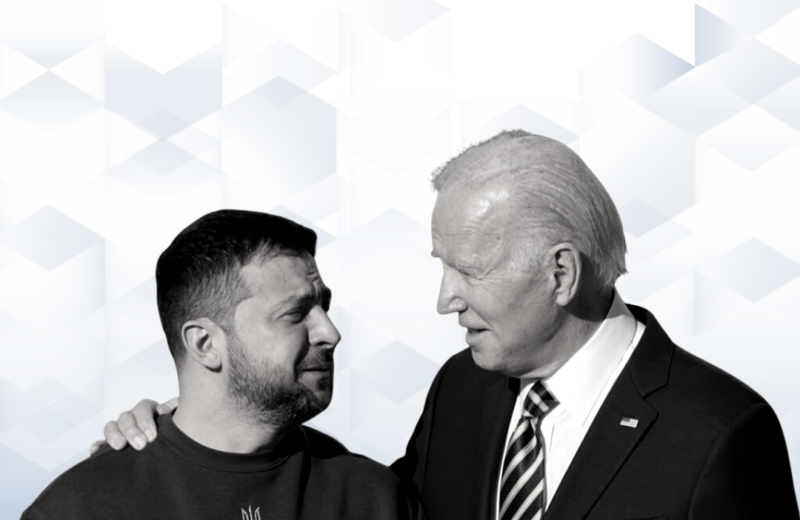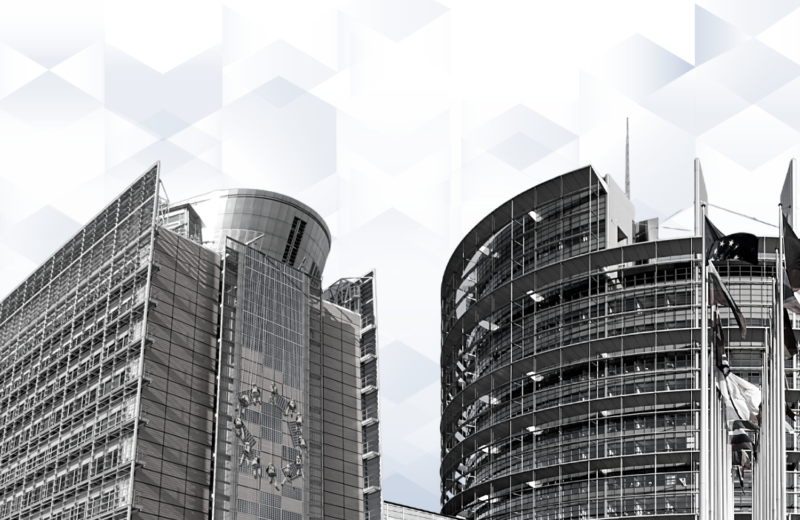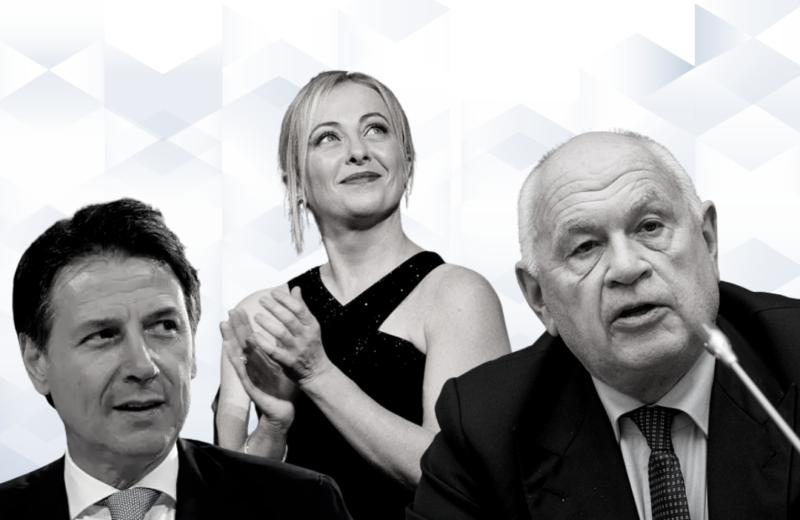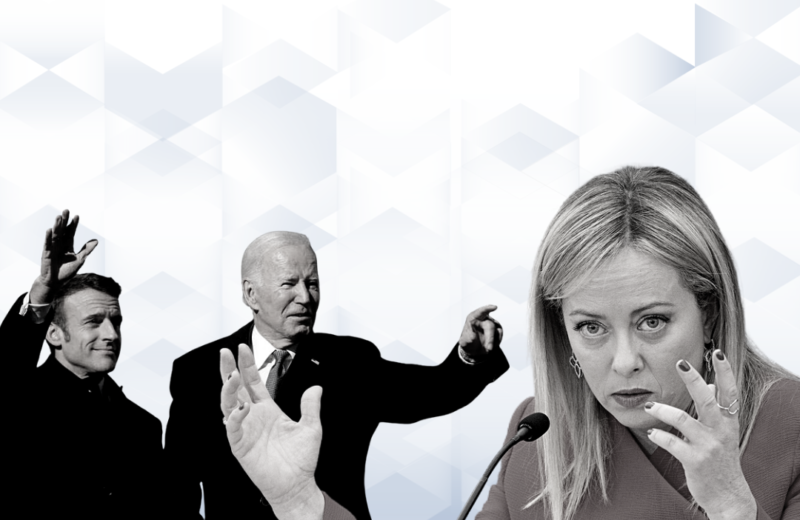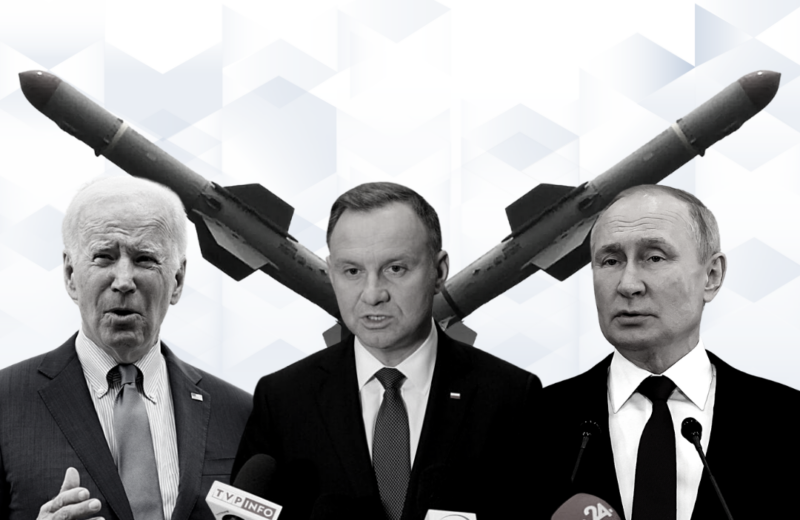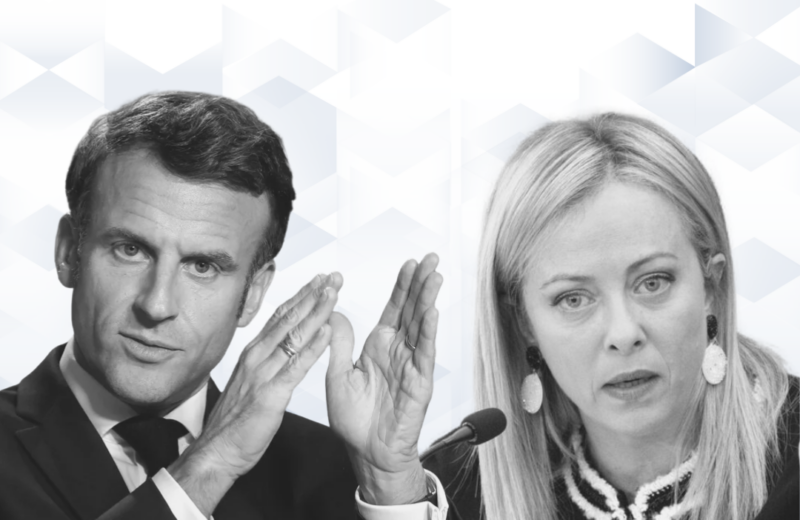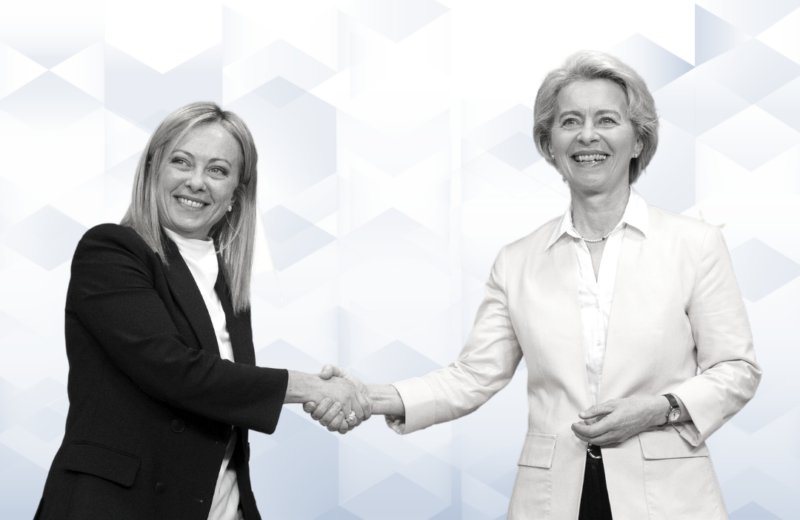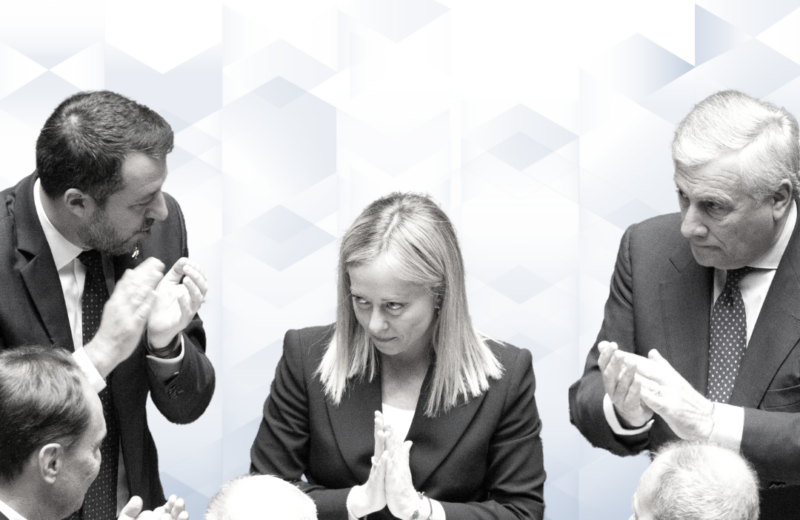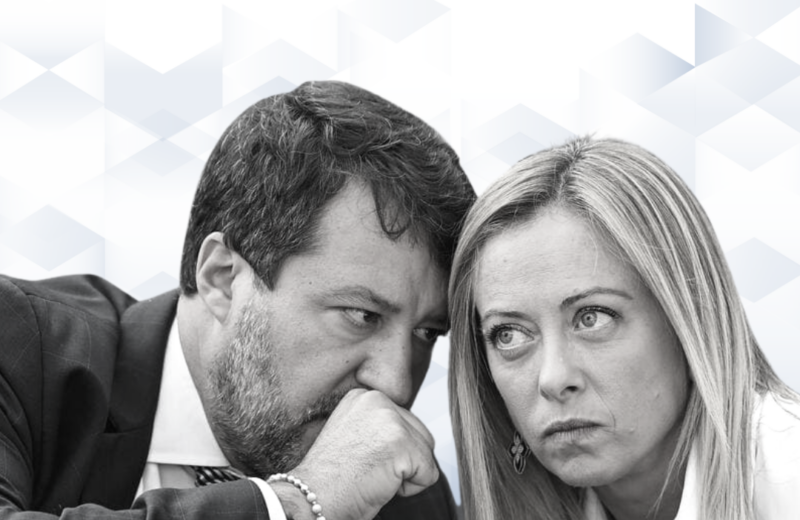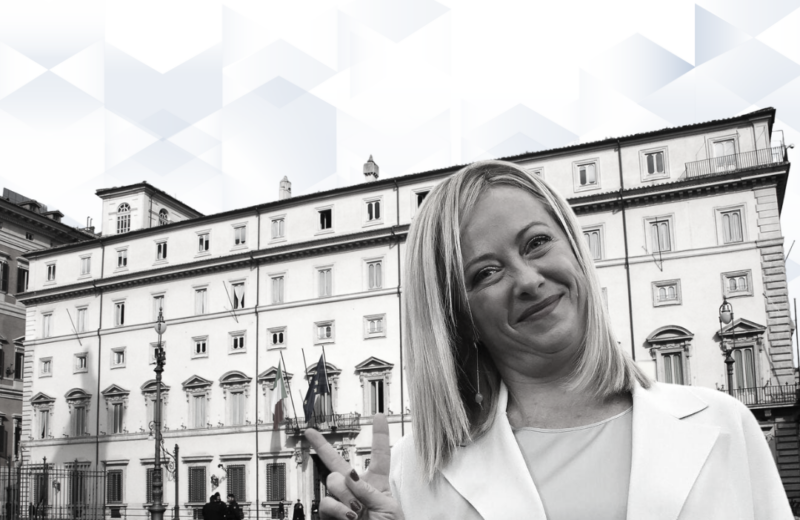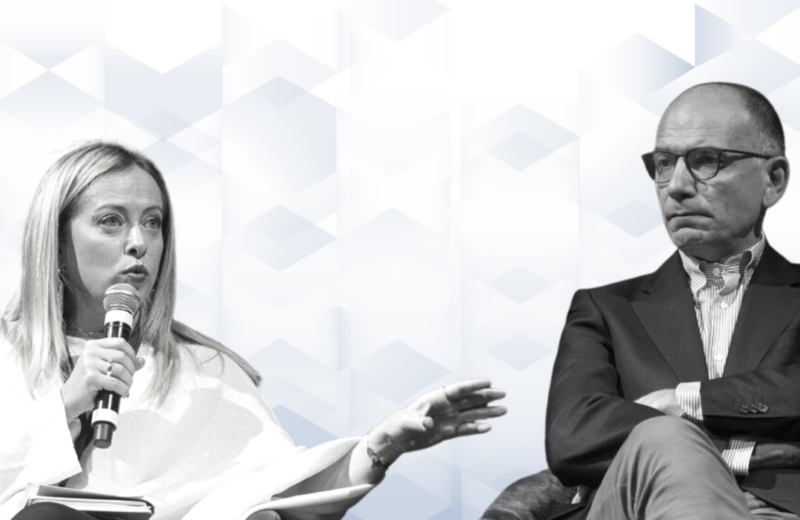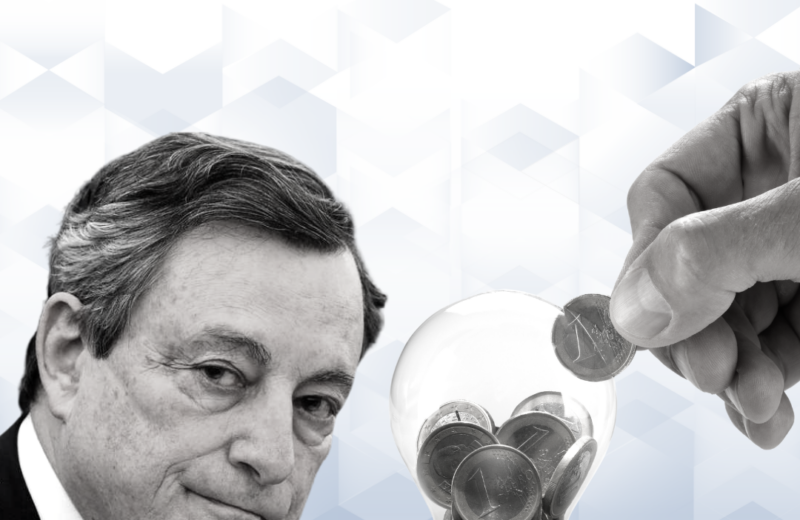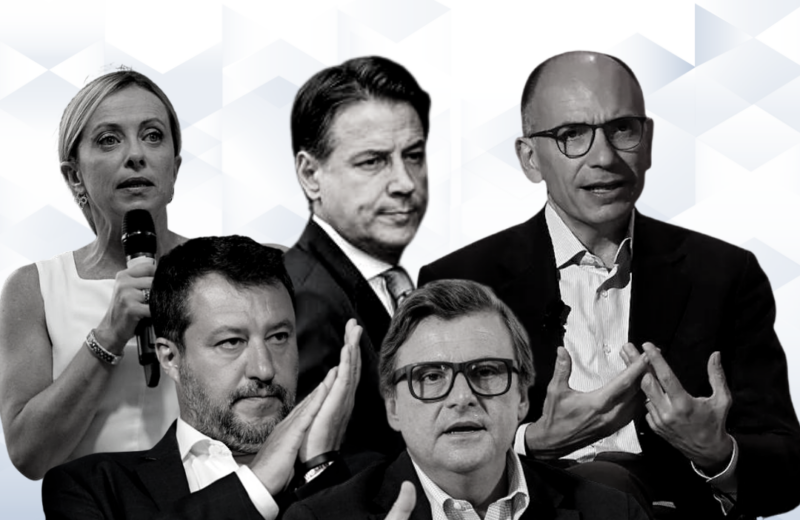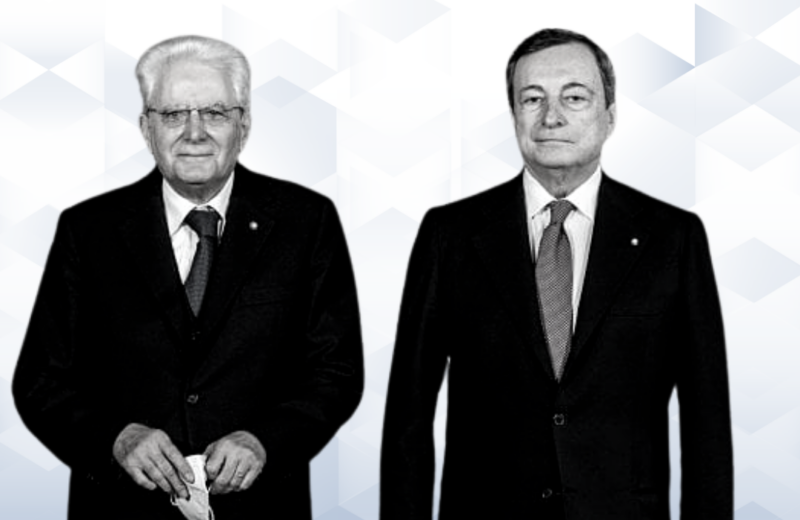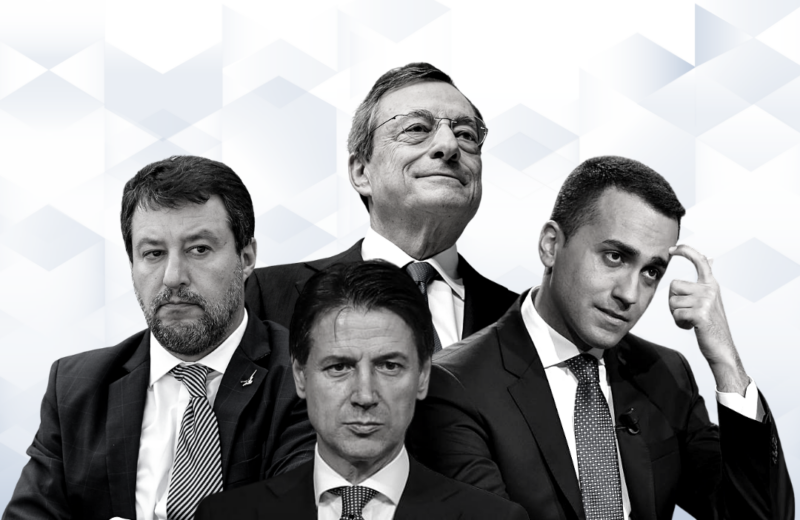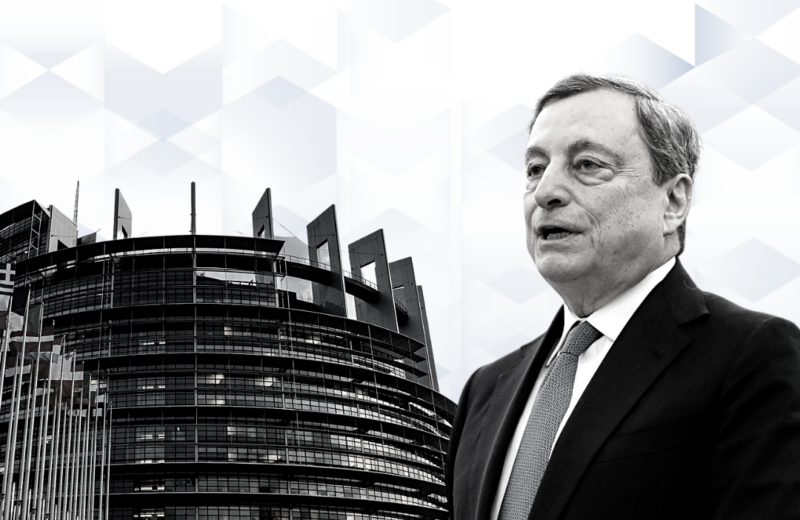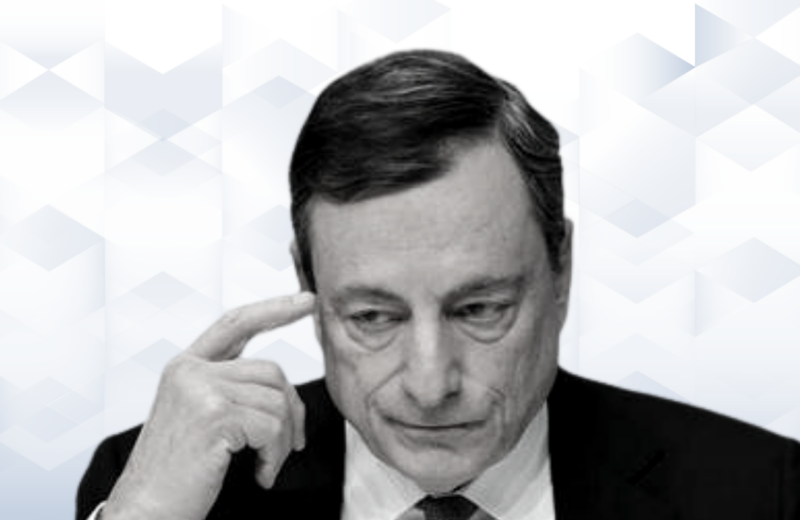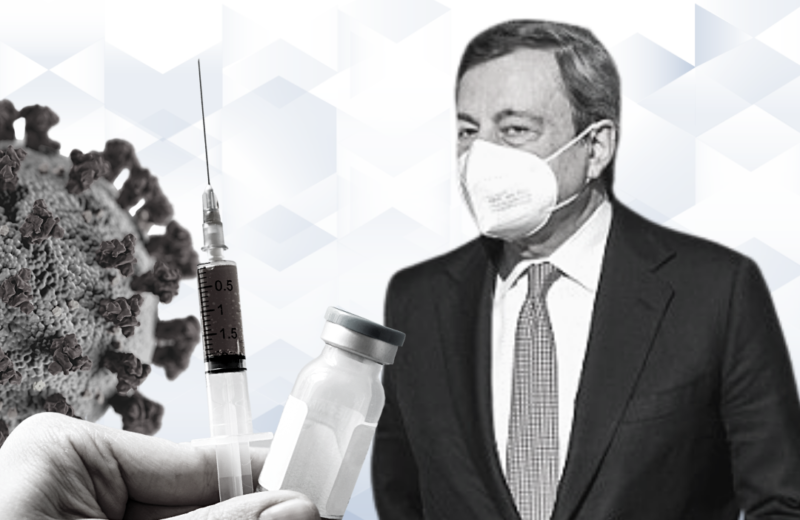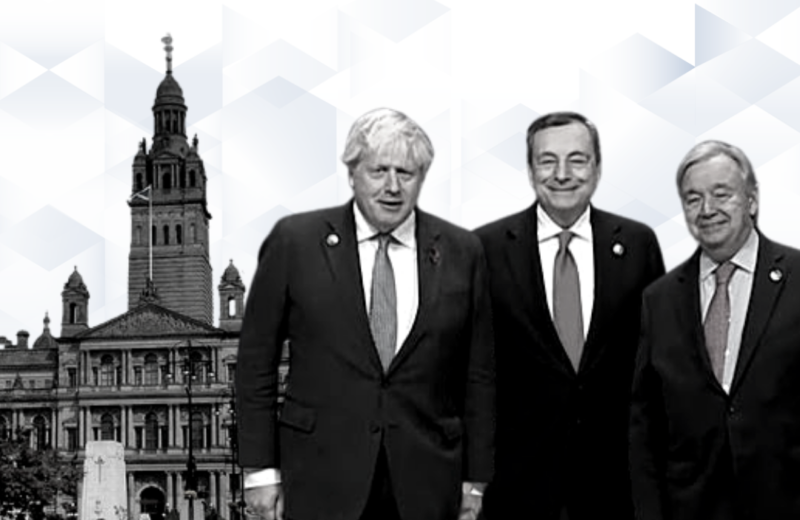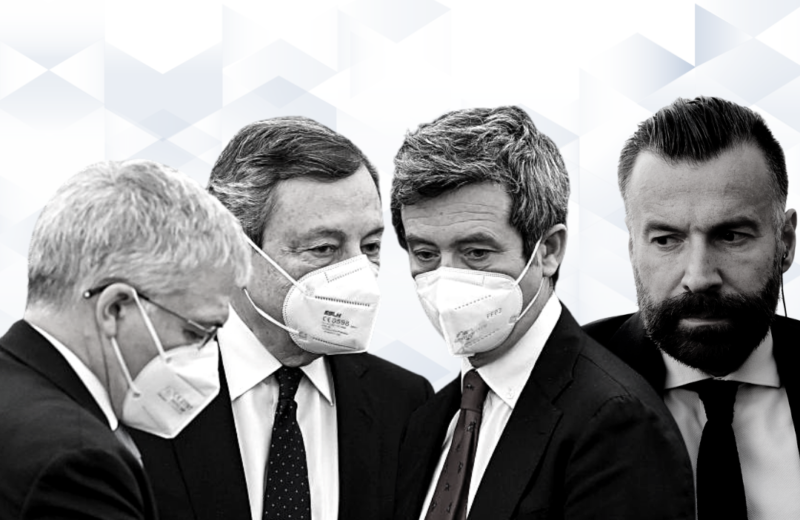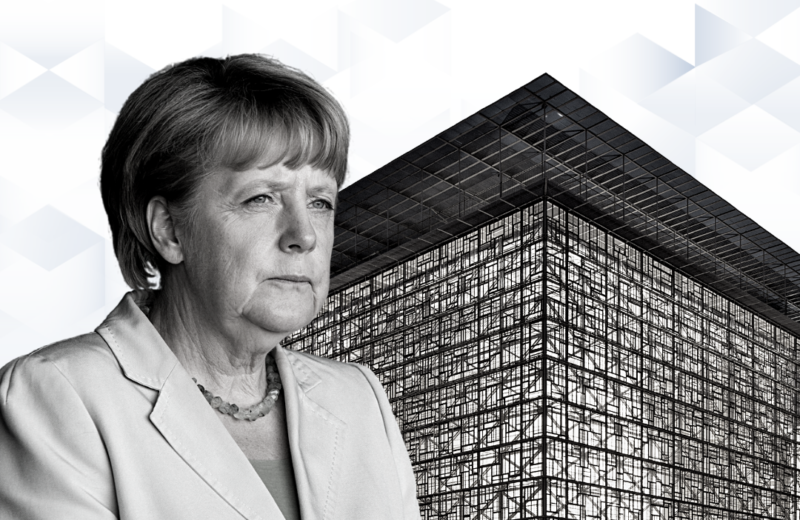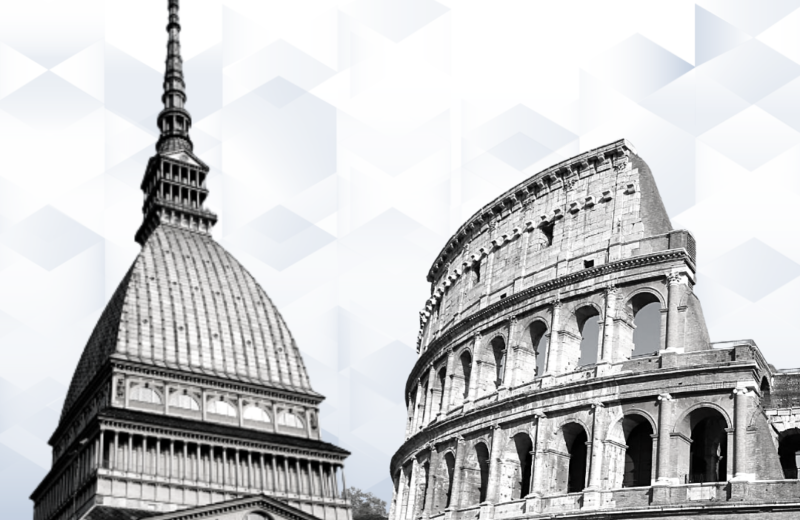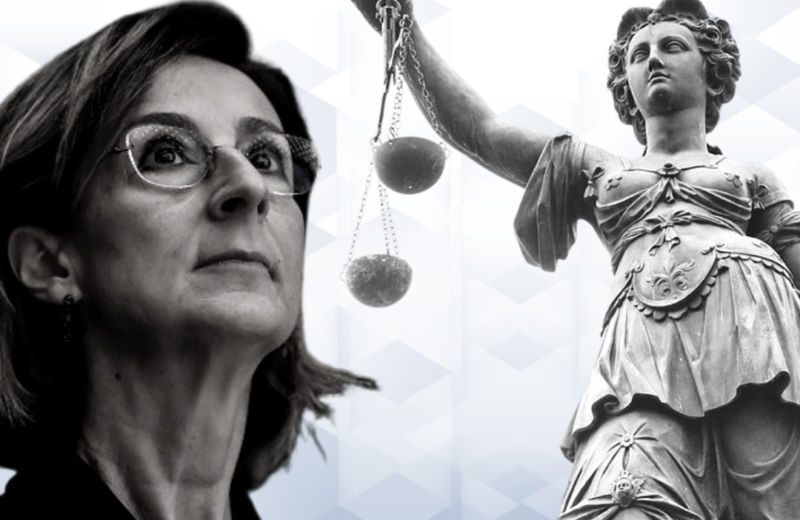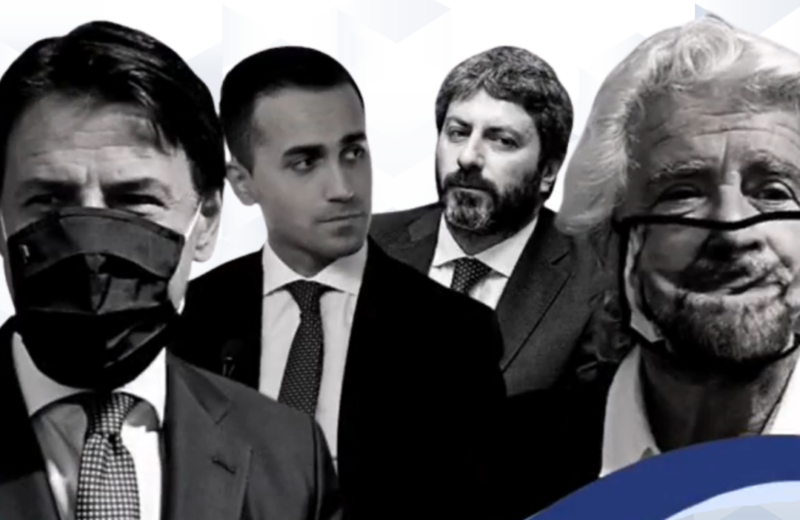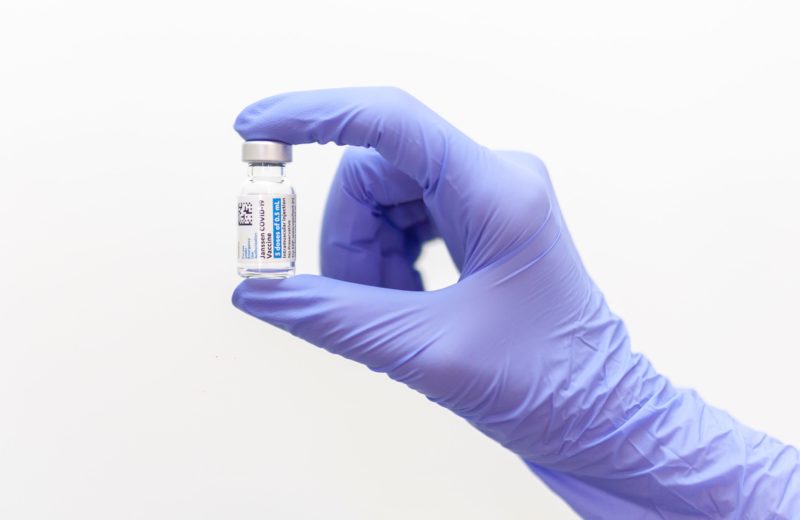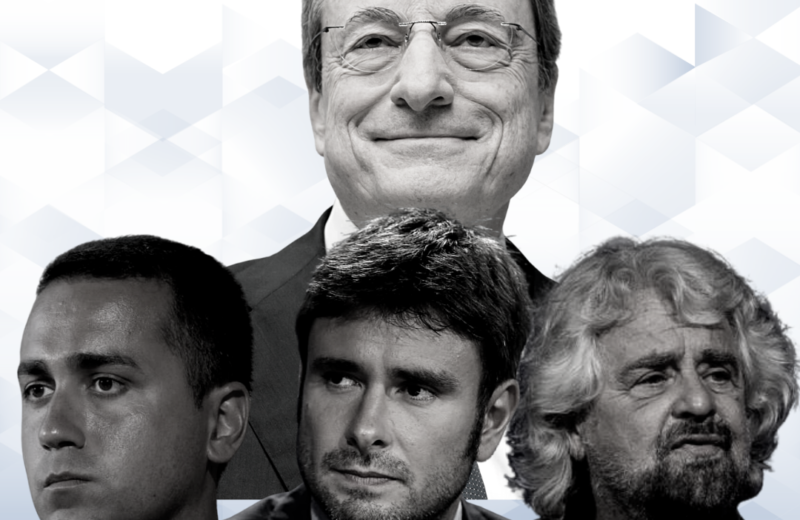The sprint starts in Strasbourg
The campaign engines for the European elections in June are officially switched on. An electoral round that will dominate the political headlines for the next few weeks, as many dynamics destined to significantly influence national political balances are tied to its outcome. First and foremost within the majority, where the count has begun. Fratelli d’Italia aims to legitimize its leadership to continue to be the swing vote in the upcoming crucial decisions, from economic planning to the future round of appointments in state-owned companies. Lega must try to surpass Forza Italia in order to preserve the current establishment, with Salvini at the helm. Otherwise, it is likely that the succession to the leadership of the League will officially begin.
On the left, however, the project of the broad coalition seems to have foundered, but the Democratic Party, precisely because of this, needs to consolidate and enhance its consensus to remain the main opposition force and resist the growth of the 5Stars, increasingly uncompromising and purist in their political stance.
For this reason, strategy has been considered in addition to the actual selection of European representation in the just-closed lists. That’s why Meloni and Tajani were chosen as lead candidates, but also Vannacci for the Lega, who could be the true revelation of this election. The PD instead nominated secretary Elly Schlein, also with the aim of driving the vote. Stefano Bonaccini has also volunteered, although in his case, if elected, he would, as announced, resign from the presidency of the Emilia region and opt for a seat in the European Parliament. Among the candidates, there are many well-known names. The Democratic Party has enlisted Antonio Decaro, the mayor of Bari who has recently been caught up in controversy due to recent investigations, former presidents and vice presidents of the Lazio Region Nicola Zingaretti and Massimiliano Smeriglio, the mayors of Florence and Pesaro Dario Nardella and Matteo Ricci, and former European deputy Alessandra Moretti.
Matteo Renzi is listed as the last candidate in four out of five constituencies with “United States of Europe,” which brings together Italia Viva, +Europa, Radicali, and Psi. Being at the bottom of the list suggests more of a service candidacy, but in Renzi’s case, the game is still open.
For Azione, Carlo Calenda seeks the voters’ trust and presents himself in all constituencies, while Giuseppe Conte does not run; instead, the former President of Inps Pasquale Tridico and former footballer Carolina Morace are on the Five Star Movement’s list.
The week was also important for the visit to Rome by the King of Jordan, Abdullah II. Three stops, with Meloni, Mattarella and the Pope, useful to strengthen Jordan’s role as an increasingly reliable ally in the region, thanks to its moderation and pro-Western policy. What happens in Jordan is now of great relevance to Europe, and recent internal and regional tensions have led to increasing European involvement towards the monarchy.
Over the weekend, Mattarella travels to New York, during which he also stops at the UN Headquarters to reaffirm Italy’s commitment to multilateralism in the face of new international challenges. It’s clear that Italy is mobilizing all its efforts to play a leading role in shaping the new political geographies of the area and acquiring the international standing it has long pursued and is effectively achieving with this government.


